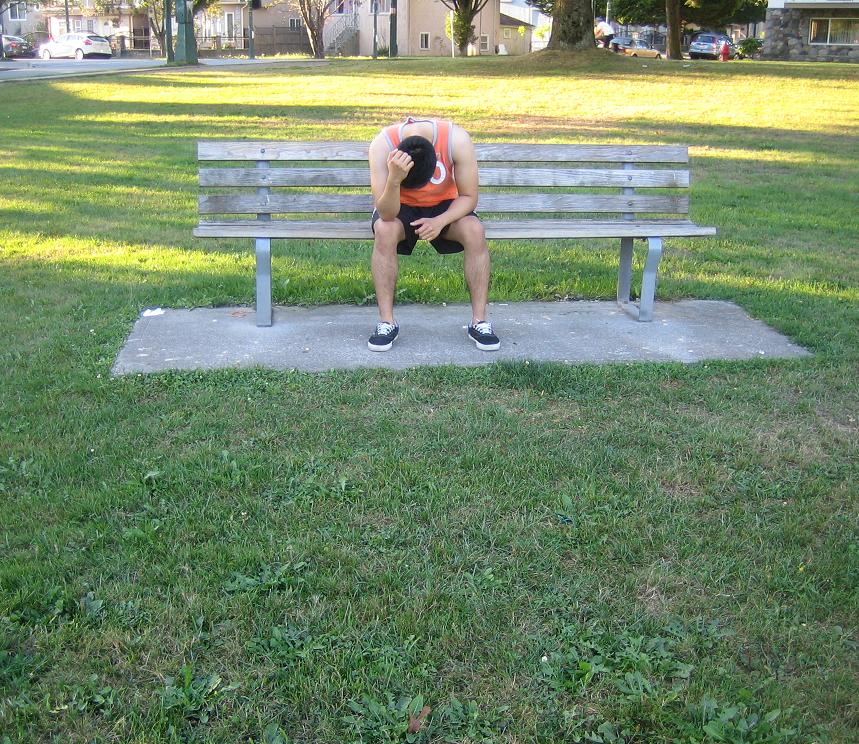Hypoglycemia is a condition where the body has significantly low blood sugar level which is the chief energy source of the body.
Hypoglycemia is frequently related to the treatment of diabetes. However, certain conditions, which most are rare can result to low blood sugar in people without diabetes. Hypoglycemia, however, is not a disease, but more like a symptom of a medical problem.
Treatment involves on quickly getting your blood sugar level back into a normal either with consuming high-sugar foods or beverages or with medications. In addition, long-term management entails recognizing the cause of hypoglycemia and dealing with the underlying cause.

Signs and symptoms of hypoglycemia
- At first, erratic heart rhythm
- Fatigue
- Shakiness
- Pale skin
- Anxiety
- Sweating
- Irritability
- Hunger
- Lastly, tingling around the mouth
What are the causes?
Hypoglycemia occurs when your blood sugar level becomes too low. There are several reasons can happen, the most common being a side effect of drugs that are used to treat diabetes.
- People with diabetes may not make enough insulin in their body naturally or may be less responsive to it. This causes glucose tends to accumulate in the bloodstream and might rise to dangerously high levels. This can be resolved by taking insulin or other drugs to lower blood sugar levels.
- Excess insulin or any other medication for diabetes may cause your blood sugar level to drop low significantly. It can also occur if you don’t eat enough food after you took medication for diabetes, or if you do more exercises than you normally would.
- Excessive alcohol consumption, having heavy amounts of alcohol in your body without eating can prevent the liver from generating the stored glucose into your bloodstream.
FACT CHECK
https://en.wikipedia.org/wiki/Hypoglycemia
https://www.mayoclinic.org/diseases-conditions/hypoglycemia/symptoms-causes/syc-20373685
